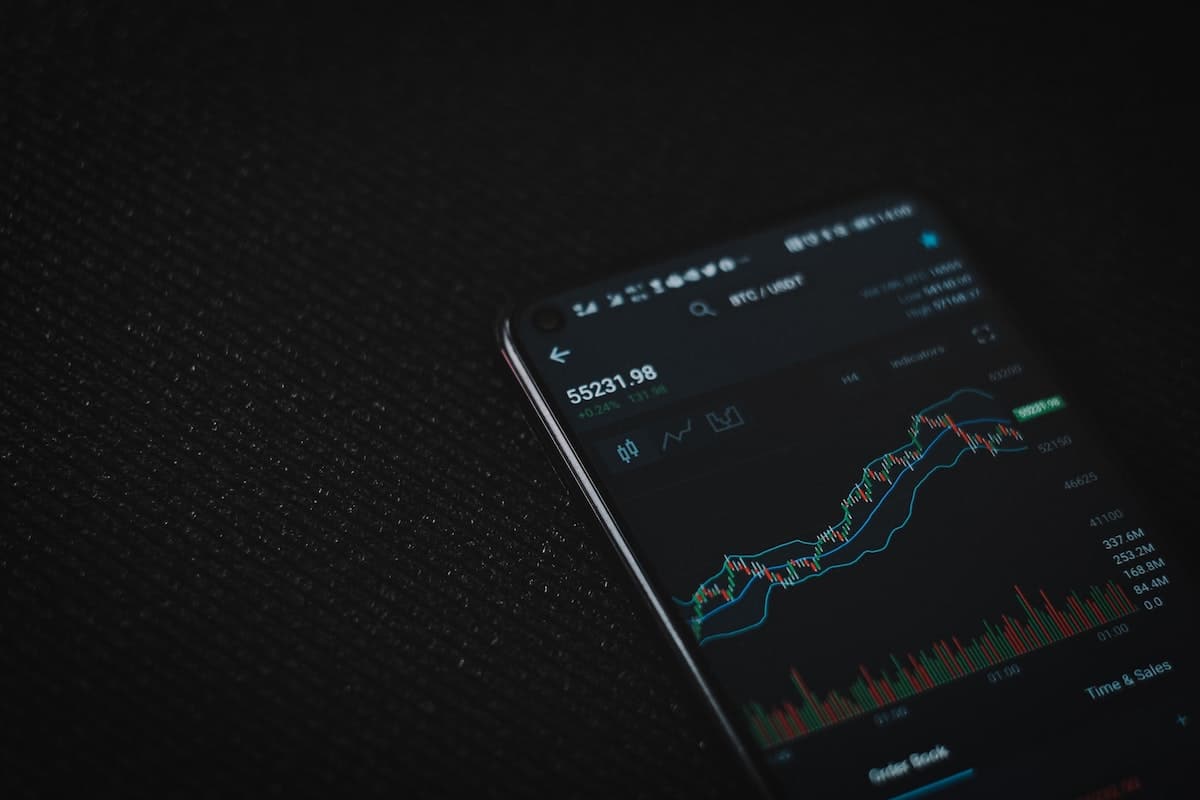Cryptocurrency can seem attractive and even the stuff of dreams. Investing, selling and buying all seem simple and accessible. There are more and more websites and currencies, as new competitors join the virtual currency race. But there are more and more scams, too.
New market, new ways to scam. In 2022, a Monegasque couple lost all their savings, 250,000 euros, trying to cash in on cryptocurrency. Lured by an apparently trustworthy website, the couple put their money in the hands of strangers, with the promise of a 10% monthly interest rate. The couple signed a contract but soon received a fake e-mail, allegedly from the fraud control authorities, asking them to pay tens of thousands of euros in taxes.
How can we avoid these situations? We asked Kevin Dejoie, finance director of a Monegasque computer company, who has been investing in cryptocurrency for five years.
Cryptocurrencies are bought via web platforms. On these sites, we find assets (an asset is a currency. For Example: Bitcoin and Ethereum are two different assets) that can be bought with real money. You must check its reputation when choosing the site you want to go through. “One of the best-known scams is phishing: fraudulent sites that look like other well-known or reputable sites, and that offer to store your portfolio. In these cases, a website like CoinMarketCap will help you to be sure you are accessing the real original sites and not making a mistake,” explains Kevin Dejoie. Most investors operate on well-known and recognised sites in the field (Binance, Coinbase, Capital, etc.). Transactions are secure, the platforms do not mislead you on the investment to make and your money is redeemable at any time. The French financial markets authority has published a whitelist on the subject.
SEE ALSO: Blockchain and cryptocurrencies: five key dates to understand the legal framework in Monaco
Advice from friends or professionals is always welcome, signing contracts is not. “One of the most important things in this area is to be informed. There is training in cryptocurrency, that will allow you to not be dependent on the opinions of others. I don’t buy if I don’t know how it works,” says the finance director. It takes more time and effort to look for the “sweet deal” yourself, but the success or failure of your investment is down to you!
The Chainabuse site was born in response to the huge increase in scams in recent years, +1000% since October 2020. Launched in May 2022, it lists many scams/frauds to do with the world of cryptocurrencies. Internet users themselves testify on the page.
A reliable site is a good place to start, but there is always a chance that your portfolio will be hacked or that the platform will be targeted. So how should you store and secure your investments?
The simplest and fastest method is mobile banking. Coinbase or Binance, mentioned earlier, allow you to store your cryptocurrencies. However, this requires the buyer to place their trust in the platform. The safest storage version is cold portfolios. “There are ledgers, a secure key that stores your private keys. It is the key to your safe as it were, but it has a cost. Having your own private keys on you is still the safest way to store your savings ,” says Kevin Dejoie.
Passwords, secure networks, anti-virus software and double authentication on the different platforms are also important security features.
“The weakest link in the blockchain, is the human being. Scams play on our emotional and human side. The education and information aspect is really essential to avoid them as much as possible,” the investor concludes.
NEWSLETTERMonacoTribune straight to your inbox? It’s free!
NEWSLETTERMonacoTribune straight to your inbox? It’s free!
© Monaco Tribune 2020
Free weekly stories in your inbox
Author
Administraroot


